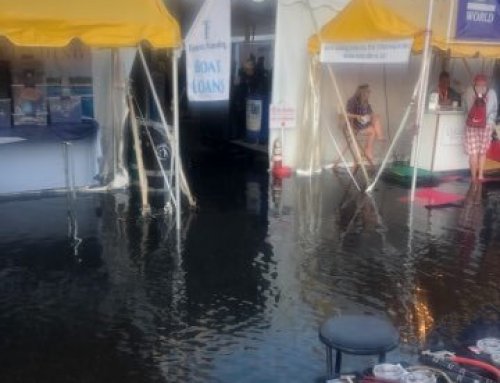September 18 th through 24 th 2016 is the National effort focusing on individual preparedness for September’s National Preparedness Month. The Office of Emergency Management encourages everyone to prepare for emergencies by taking the following steps;
Know Your Risk: To search for general information about risks in your area, visit the Office of Emergency Management’s website Hazards page.
Get Prepared: Take action now to be prepared for emergencies. Make sure you have an evacuation plan and communications plans, update your emergency supply kit, and evaluate your homeowner’s insurance needs.
Create a family communications plan: Plan how you will assemble your family and loved ones and anticipate where you will go for different situations. Get together with your family and agree on ways to contact one and another during an emergency, identify a meeting location, and make a Family Communications Plan.
Download the FEMA.app: The FEMA App includes disaster resources, weather alerts, safety tips, and a new feature that will enable users to push notifications to their devices to prepare their homes and families for a disaster. The app also provides a customizable checklist of emergency supplies, tips on how to survive disasters, and weather alerts from the National Weather Service.
Check Your Insurance Coverage: Many states have increased deductibles for hurricanes and not all hurricane-related losses are covered under traditional policies. Most homeowner’s insurancee policies do not cover damage or losses from flooding. Review your policy, ensure you are adequately covered and understand exclusions, and contact your agent for any changes. If you are not insured against floods, talk to your agent or visit https://www.floodsmart.gov/floodsmart/. Renter’s insurance policies are also available and should be considered as a way of protecting your belongings.
Stay Informed: Know where to go for trusted sources of information for emergencies. Make sure you have a battery-operated or hand-cranked radio available if the power should go out. Prepare yourself by having an emergency supply kit, making a plan, and staying informed. For more information on how to prepare yourself for emergencies visit www.ready.gov








Leave A Comment